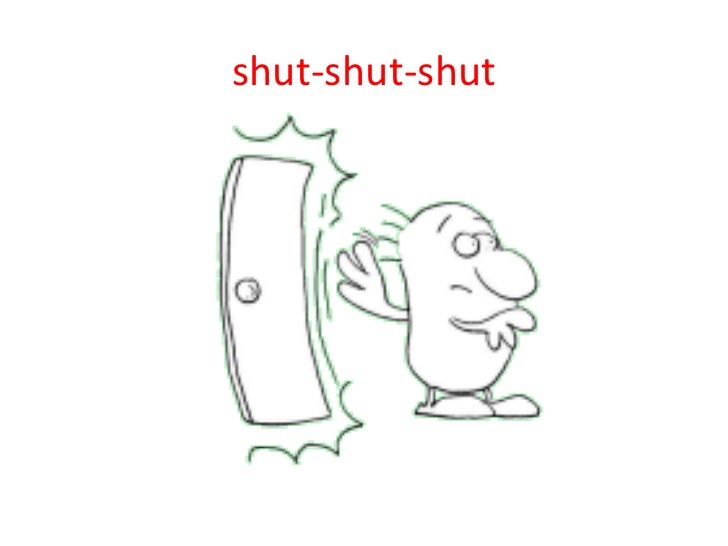→ In this example, the irregular verb drink is in base form. Drank is the past simple form of “drink,” and found is the past simple form of “find.” For more examples, read our complete list of irregular verbs in the English language. Irregular Verb Exercises. Fill the blank spaces with the appropriate irregular verb. Learn verbs using pictures English basics lesson What will I learn from the lesson on learning verbs using pictures? This English lesson you will learn what verbs are. To help you understand what some mean we have used pictures with the verb underneath. What are verbs and what do they do? Verbs are doing words. A verb can express the following. Jun 08, 2015 This is a complete list of irregular verbs with pronunciation, pictures and examples. Most verbs have three or four examples, but you’ll find some with more. This is because the verb has more meanings or because I wanted the pictures to fit in.
 [4]
[4]- For 'keep,' you'd say, 'I keep this with me all the time' (present), 'I kept it with me all the time' (past tense), or 'I have kept it with me the whole time' (past participle).
- These verbs fall into several patterns. Some verbs change vowels, such as 'sit' ('sat') and 'get' ('got').
- Some verbs add 't' at the end, often exchanged for a vowel or consonant elsewhere in the word. Examples include 'feel' ('felt'), 'lend' ('lent'), 'keep' ('kept'), or 'build' ('built'). Other verbs add 'd,' sometimes with an extra vowel or vowel/consonant changes, such as 'pay' ('paid'), 'say' ('said'), 'sell' ('sold'), 'tell' ('told'), 'hear' ('heard'), and 'stand' ('stood').
- Verbs like 'bring,' 'buy,' 'fight,' and 'think' change to 'brought,' 'bought,' 'fought,' and 'thought.' These verbs add 'ght.'[5]
Put the verb in parentheses into the correct irregular form.
1. How may pictures have you ____________(draw)?
2. We ____________ (grow) corn in the garden last summer.
3. Unfortunately, I ____________ (lose) my watch the other day.
4. Have you ever ____________ (see) the Empire State Building in New York?
5. I ____________ (know) Peter when I was younger.
6. It ____________ (become) a beautiful day yesterday.
7. He's never ____________ (ride) a horse in his life.
8. He ____________ (buy) a new car last week.
9. I ____________ (bend) the spoon when I sat on it.
10. We ____________ (hold) hands for the first time yesterday afternoon.
11. He's ____________ (hit) a rough patch in his studies.
12. Alice ____________ (pay) the bill and ____________ (leave) the restaurant at two o'clock yesterday.
13. His boss ____________ (give) him a raise last week.
14. Have you ever ____________ (fly) in a 747 across the ocean?
15. He's ____________(break) more than four chairs over the past few years.
16. I have ____________ (be) his friend for more than 30 years.
17. I haven't ____________ (eat) today. Would you like to have some lunch?
18. We've already ____________ (run) more than five miles today.
19. She ____________ (keep) his secret and didn't tell anyone.
20. Have you ____________ (begin) the test yet?

English Irregular Verbs Quiz
You got: % Correct.
English Irregular Verbs Quiz
You got: % Correct.
Irregular Verbs With Pictures Pdf
English Irregular Verbs Quiz
